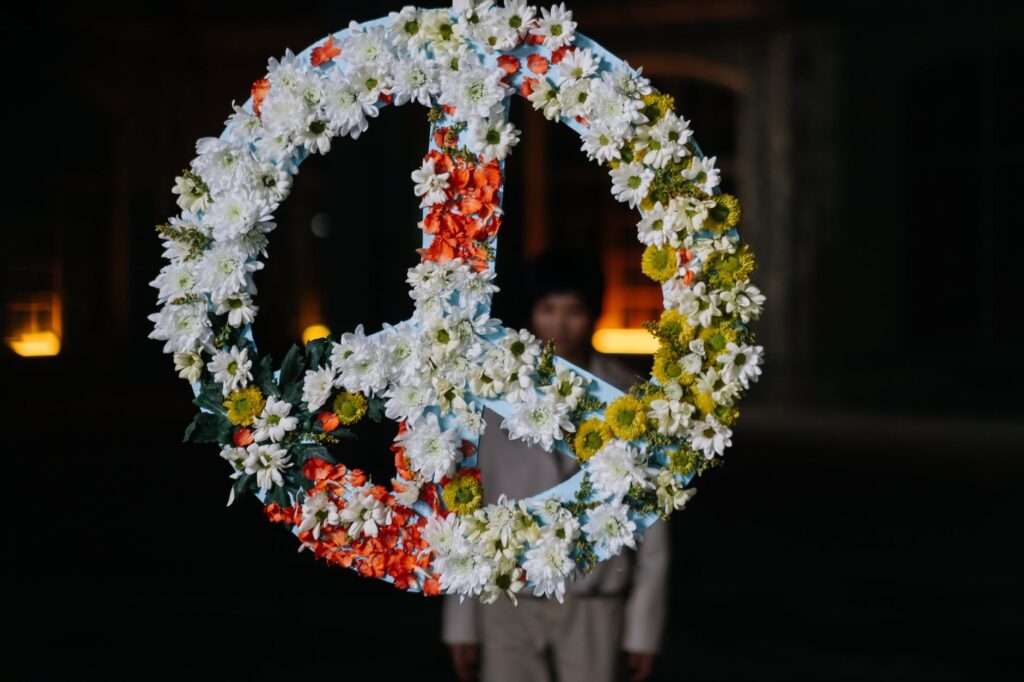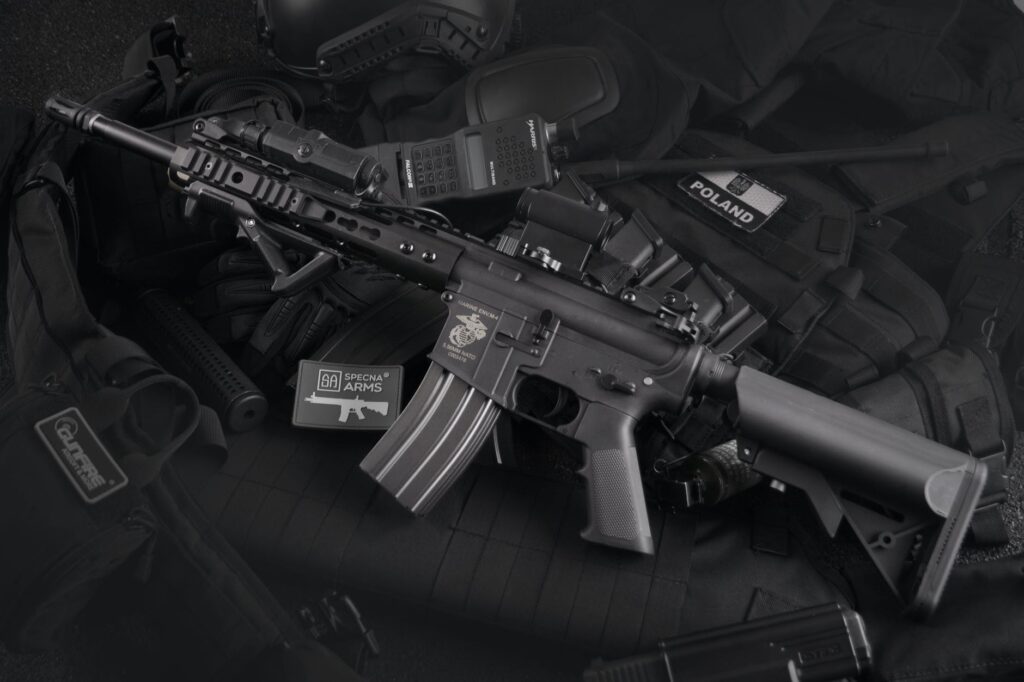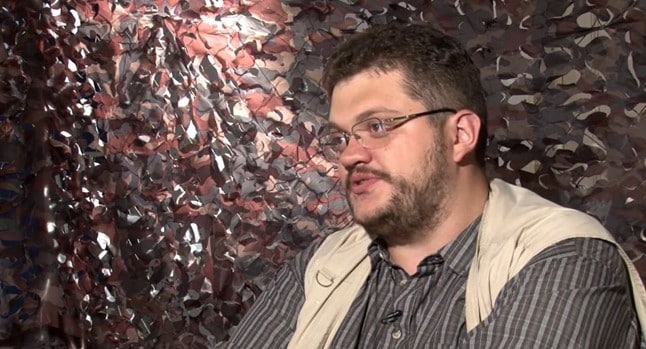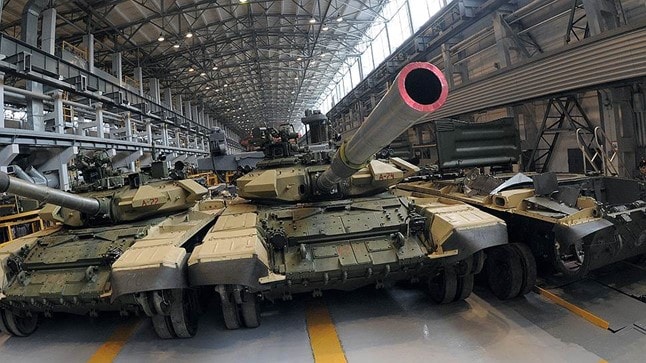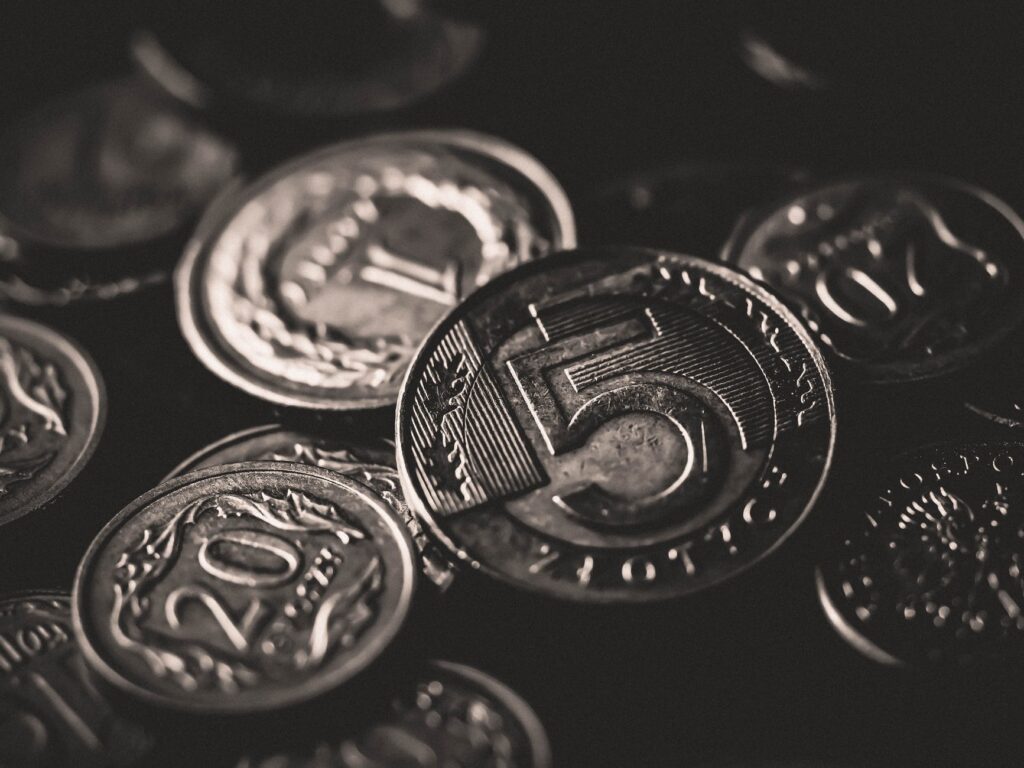
The Bell, 6/5/22
This week our top story is a dissection of April economic data released by the Russian authorities that – while better than many expected – still suggests a sustained recession. We also look at why the founder of IT giant Yandex – Russia’s Google – was sanctioned by the European Union, and what it means for the company.
Russia’s economy is faring better than expected – but the worst is yet to come
Economic indicators for April released last week painted a surprisingly good picture: Russia’s economy appears to have shrugged off the initial effects of Western sanctions. But don’t be misled: the long-term effects of these sanctions are only starting to make themselves felt. Moreover, the EU last week announced a new round of sanctions: including an oil embargo that – as recently as a few months ago – was all but unthinkable.
What’s happening?
Analysts last week finally got a chance to see what’s going on with the Russian economy when the State Statistics Service (Rosstat) published data for April. Unsurprisingly, the figures showed Russia sliding into recession – but the fall was not as steep as it might have been, and some of the numbers even allowed for cautious optimism.
According to the Ministry of Economic Development, Russian GDP fell 3 percent year-on-year in April. GDP in March rose by 1.3 percent.
- Industrial output fell 1.6 percent year on year (manufacturing was down 2.1 percent). At the same time, energy production went from a 7.8 percent rise in March to a fall of 1.6 percent in April. However, according to unofficial figures published by state-owned news agency TASS, the situation for commodities improved in May – for the first time in two months oil production ceased falling and – in the first 29 days of May – was even up 1 percent compared with April.
- Metals, pharmaceuticals and agriculture also did relatively well. And the construction sector is still being supported by new orders for housing projects.
- State expenditure from January through April increased almost 15 percent (not least due to a rise in military spending that is currently running at 2.5 times pre-war levels). But the state can afford it: oil and gas revenues almost doubled (up 90.6 percent).
- Russian salaries were still rising in real terms in March (up 3.6 percent year on year). But the figures for April and the more significant data about real disposable incomes will be known only in July. Salary rises were strongest in the private sector (7.1 percent) while they were down 3.9 percent in the public sector, according to Dmitry Polevoy, the director of investments at Loko-Invest.
- The biggest falls in April were in logistics and consumer spending: wholesale trade turnover was down 11.9 percent, retail by 9.7 percent, freight transport by 5.9 percent, hospitality by 6.7 percent. Lending activity continues to decline, especially in the consumer sector (down 1.8 percent in March). The problems for retail are due to a correction from a March surge, a decline in real incomes that were hit by rising prices (annual inflation in April was 17.8 percent) and increased uncertainty, according to Sofia Donets, chief economist for Russia at Renaissance Capital.
- Automobile sales in April plummeted 79 percent year on year after a 63 percent decline in March. The automobile industry is more dependent than most on imports and suffered a greater price shock as a result of Western sanctions.
How bad is it?
The government and the Central Bank are most concerned by the fall in consumer spending. However, the reduction in April (8.8 percent) was only a third of that seen at the peak of the coronavirus crisis in April 2020 (26.8 percent).
The recent data is evidence that the current crisis will be very different from the pandemic: back then we saw a sharp fall and a gradual rebound; this time the fall will be steady and prolonged, according to Raiffaissenbank’s chief macro-analyst Stanislav Murashov. Consumer demand will likely continue to decline, firstly due to shortages arising from import problems, then due to a deteriorating labor market (although, for the moment, unemployment remains close to a record low of 4 percent).
What happens next?
Imports will continue to fall, dragging productivity with them as reserves of foreign raw materials and components are exhausted, according to Central Bank analysts. And until new suppliers and restructured supply chains can provide strong evidence of a recovery in imports, it’s too early to talk of any structural transformation.
The main economic downturn is still to come and will hit in the second half of the year, according to Polevoy of Loko-Invest. Donets was surprised by the promising data for April and would not rule out the possibility of a second slump for the Russian economy.
Guessing what might happen after the end of this year is even more difficult.
But, by the end of 2022, Russia will lose its largest oil market. The EU confirmed last week that it will implement an oil embargo to close Europe’s borders to 90 percent of Russian oil before the end of the year. By the start of 2023, it will also block trade in oil products.
The effect of the embargo
Estimates vary, but the embargo could cost Russia up to $60 billion a year in export revenue. Oil sales remain Russia’s biggest single source of revenue, with exports worth $180 billion in 2021 (by comparison, natural gas exports generated $64 billion).
However, the level of damage to the state’s finances will depend on global oil prices and the effectiveness of Russia’s “planned pivot to Asia”. Independent analysts believe that the Asian market can only absorb about 1 million of the 3 million barrels of oil per day that will have nowhere to go after the EU embargo begins.
Global oil prices are currently about $120 per barrel, a level that means the Kremlin has little to worry about in the short term. However, Russia’s Urals cruise blend is selling at an unprecedented discount due to sanctions. And that discount is increasing as the fighting in Ukraine continues. According to official figures, the average price in April for a barrel of Urals was $71, almost $20 less than in March ($89) or the first quarter average of $88. Prices for Brent also fell, but slower: from $117.3 in March to $104.6 in April. Bloomberg calculated that from April through mid-May, Urals was selling at a 32 percent discount against Brent.
The announcement of the European embargo again inflated global prices: in the middle of last week, prices for Brent touched $125 and at present they are about $120. But prices can change. Oil cartel OPEC+ unexpectedly decided Thursday to increase production for the first time since spring 2020.Why the world should care: Economist Oleg Itskhoki told The Bell in March that we were seeing “an experiment on the Russian economy and the Russian population on a never-seen-before scale”. He wasn’t wrong. Even now, economists insist that “specific” and “unprecedented” circumstances make it almost impossible to make forecasts. The only thing we can say with certainty is that things will continue to change unpredictably and that a recession is unlikely to last for less than two years (something even admitted by the Ministry of Economic Development).
Sanctions on the founder of ‘Russia’s Google’
One of the biggest sanctions “guessing games” is over: Arkady Volozh, the founder of Yandex, Russia’s biggest IT company, was hit by Western sanctions last week. A crucial gateway to Russian-speaking internet users, Yandex has long been under pressure from the Russian authorities and has become a vehicle for state censorship.
- Yandex founder Arkady Volozh was included in the sixth round of EU sanctions Friday. Alongside Volozh on the list was President Vladimir Putin’s alleged girlfriend Alina Kabayeva, metals billionaire Alexei Mordashov and controversial Foreign Ministry press secretary Maria Zakharova. Within half an hour of the news, Volozh announced his departure as Yandex CEO and Yandex board member. The company itself has not yet been sanctioned. Through a family trust, Volozh controls 45.6 percent of votes within Yandex’s shareholder structure.
- The official explanation for sanctioning Volozh was that there are state-owned banks among Yandex investors, Yandex has a “golden share” that allows the government to veto key decisions (such as changing shareholders) and the company’s role in promoting Russian state-owned media sources in its search results.
- As well as operating Russia’s most popular search engine, Yandex runs the largest aggregator of taxi and food delivery services, audio and visual streaming services, Russia’s most developed self-driving car project and much more. But the company has drawn the most ire for its news aggregator service Yandex.News (that, ironically, generates almost zero income).
- Yandex has never produced its own journalism. The company simply created an algorithm that selects the most popular news from Russian media, picks out major events and displays the ‘top five’ stories on the homepage for Yandex’s search engine. However, Yandex has such a huge audience that – since the early 2010s – Yandex.News has been the biggest news source for the Russophone internet. In March, Yandex.News was attracting 14 million users a day.
- The Kremlin has long understood the political importance of controlling Yandex.News. The first time officials pressed Yandex to tweak its algorithm came in 2008 after Russia’s invasion of Georgia. For several years, Yandex fought back and managed to stop political interference. However, after the annexation of Crimea in 2014, everything changed. Russia passed a law in 2016 obliging news aggregators to include only media sources officially registered in Russia. At the same time, Yandex was required to restrict itself to 15 Kremlin-approved sources when filling its ‘Top Five’. None of the chosen publications were critical of the government.
- At the same time, Yandex has spent years fighting attempts at nationalization. In 2008, metals billionaire Alisher Usmanov attempted to buy a large stake in the company with the Kremlin’s backing. Then another state-owned company, Sberbank, acquired a “golden share” in Yandex, allowing it to block any change of shareholder. Thus, the Kremlin ensured that Yandex could not be sold to a foreigner. In 2018, Sberbank’s growing ambitions led to speculation that it could bid for a large stake in Yandex. But Yandex fought back, and its “golden share” is currently held by a specially-established “Public Interest Fund,” which is under de facto Kremlin control.
- With the outbreak of war in February, Yandex faced a double crisis: not only the “golden share,” but also Yandex.News was toxic and made it at risk of sanctions. At the same time, any sudden moves perceived as anti-war in Russia raised the specter of nationalization. “If we remove news from the home page, we will get 10 minutes of fame. But nothing will change. Ten minutes later, everything will be back to normal and there will be no more Yandex,” the head of Yandex’s Russian office Elena Bunina told a staff meeting in March. Later that month the company agreed to sell Yandex.News to state-controlled internet holding VK. But it was already too late: three days earlier managing director Tigran Khudaverdyan was sanctioned by the EU and the United Kingdom. This week, Volozh joined him on the list.
- Yandex finds itself in a very awkward position. Most Yandex staff are young, educated IT specialists who do not support the war and are frustrated that Yandex.News has harmed their company’s reputation. About 10 percent of staff have fled abroad since the start of the war. Several senior managers have also left the country. Volozh himself has lived in Israel for several years.
Why the world should care: While Yandex’s future remains unclear, its experience is a stark illustration of the ethical dilemma facing Russian businesses. Before the start of the war, making compromises with the government was relatively risk-free. After the war began it became clear that those compromises carry a very high price. But, by then, it was already too late.
